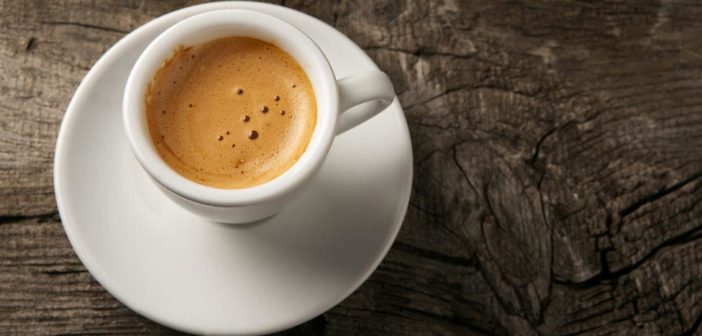Its surely good times for coffee drinkers. A week ago, a study reported that coffee—up to six cups per day—was linked to heart health, and now a large analysis in The BMJ finds that coffee consumption has a direct correlation with a variety of health outcomes, from reduced risk of diabetes to reduced risk of Alzheimer’s disease. The caveat, as always, is don’t pair your coffee with doughnuts. And sugar, as studies are finding more and more, is dangerous to our health.
The new study, from the University of Southampton, was an umbrella review, meaning that it looked back over studies that were meta-analyses themselves, providing a deep look into the existing literature on coffee and health outcomes.
The major finding was that coffee at three to four cups a day conferred the greatest benefit: this amount was linked to reduced risk of dying from any cause and of developing heart disease, compared to people who drank none. Above four cups, coffee didn’t harm a person, but the benefits weren’t as obvious.
Coffee was also linked to reduced risk of type 2 diabetes, metabolic syndrome, kidney stones, gout, and several types of cancer, including endometrial, skin, prostate and liver cancer. In fact, the largest benefit was for diseases of the liver, including cirrhosis.
One of the most fascinating benefits of coffee is that it’s been linked to neurological and psychological benefits. The new study too found coffee linked to a reduced risk for depression, as well as Alzheimer’s and Parkinson’s diseases.
Those who should not drink coffee, the study confirmed, are pregnant women, and possibly women who have an increased risk of bone fracture.
The drawback of the new research is that most of the studies analyzed were observational, meaning that they could only call out correlations—technically, we can’t assume that coffee caused the health benefits. It might be that people who don’t drink coffee abstain because of existing health issues. But the team suggests that, overall, coffee is safe enough to be tested in a true study—a randomized clinical trial, where participants would be assigned to drink coffee at various “doses” or to abstain.
Coffee was once considered a potential carcinogen, but that concern has largely been abandoned, for lack of strong evidence. And a fast-growing number of studies, including the current one, suggest that coffee’s benefits far outweigh its risks, even for cancer. What does seem to pose a risk, at least for esophageal cancer, is drinking very hot beverages, coffee and tea alike.
But overall, the research is more welcome news for those of us who enjoy our daily cup, or four, of coffee.
Just don’t dump too much sugar in, or pair your coffee with pastries, as sugar does seem to be linked to chronic diseases including cancer and heart disease, among others. “Our research is about coffee,” wrote study author Robin Poole in his own rundown of the research. “It’s not about sugar, syrups, biscuits, cakes and pastries. Standard health messages still apply to those types of food. In other words, if you already drink coffee, enjoy it, but try to make it as healthy as possible.”




